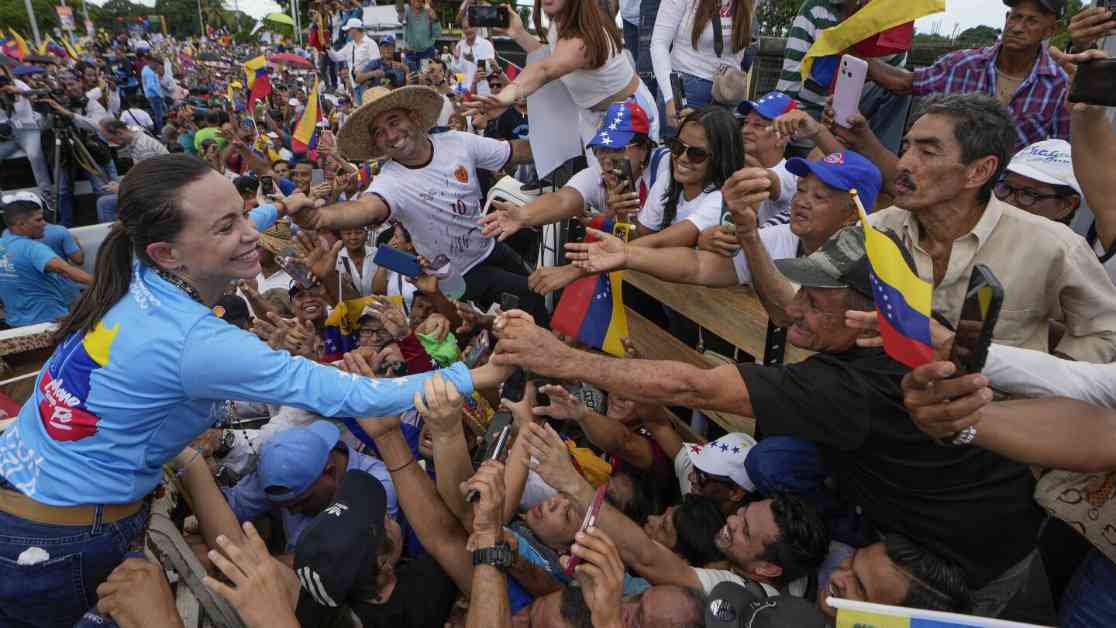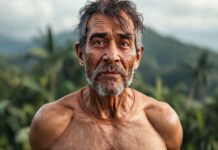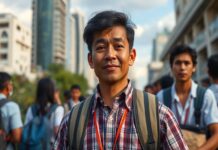CARACAS (AP) — Just a few days before the end of the electoral campaign ahead of the presidential elections on July 28, the opposition and the government in Venezuela called on their supporters to take to the streets on that day to defend the vote and the victory that each side claims in advance. Opposition leader María Corina Machado, who supports the coalition led by former diplomat Edmundo González, reiterated at a massive campaign event in Maturín, the capital of the state of Monagas, «We have already defeated this regime morally, we have already defeated this regime spiritually, but we have finally defeated this regime politically because everyone knows that we are going to win.»
Maturín, located 415 kilometers (257.8 miles) east of Caracas, became the stage for a show of force by both sides on the streets. The candidate and current president Nicolás Maduro also planned to hold a rally in this city. Earlier, he was in Ciudad Bolívar, in the southeast of the country, where he told a massive crowd, «The peace of Venezuela depends on our vote, peace or war.»
In these elections, Maduro will be seeking his third term, while González is trying to break with over two decades of self-proclaimed socialist governments. There are also eight other candidates competing who are seen as having little chance of winning.
«Every Venezuelan must defend their vote,» encouraged Machado, who reiterated the opposition coalition’s promise to release political prisoners if they win the elections. On July 28, «all Venezuelans around the world will be on the streets united in this civic mobilization and in the celebration of our freedom.» She also called on mothers and fathers to «come out and defend each vote on that day.»
Earlier, the general coordinator of Maduro’s campaign, Jorge Rodríguez, also urged government supporters to take to the streets after the vote. «When the National Electoral Council proclaims President Maduro as the winner of the July 28 elections, we will take to the streets to defend and even preserve the peace of those who voted against,» Rodríguez said at a press conference. «After the election, everyone to the streets.»
According to the electoral schedule, the campaign ends on July 25, three days before the elections in which more than 21 million Venezuelans are eligible to vote. Elections in Venezuela generate expectations around the world regarding whether they are held under fair conditions. Although last year’s so-called Barbados Agreement — a pact between the Unitary Platform that brings together opposition political organizations and the Maduro government — gave hope for impartial and freer elections, opposition complaints about increasing restrictions, which they claim come from the government, have not stopped. Machado, the winner of the primary elections with over 90% of the votes, was unable to participate due to a 15-year ban on holding public office imposed by the Comptroller General.
The opposition leader has also reported roadblocks, the detention of campaign leaders and activists, and even her security chief, who was recently released, as reported. More recently, Machado reported that her vehicles were «vandalized.» The government accuses the opposition of spreading false information, while Prosecutor Tarek William Saab said on Saturday, on his X account, that an alleged crime of «simulation» is being investigated.
In the midst of these tensions and allegations, the people of Venezuela are eagerly anticipating the results of the upcoming elections to see how the future of their country will be shaped. As both sides rally their supporters to defend their votes and prepare for the outcome, the eyes of the world remain on Venezuela to ensure that the electoral process is fair and transparent. The unity and determination of the Venezuelan people during this critical time will be crucial in determining the path forward for their nation.



